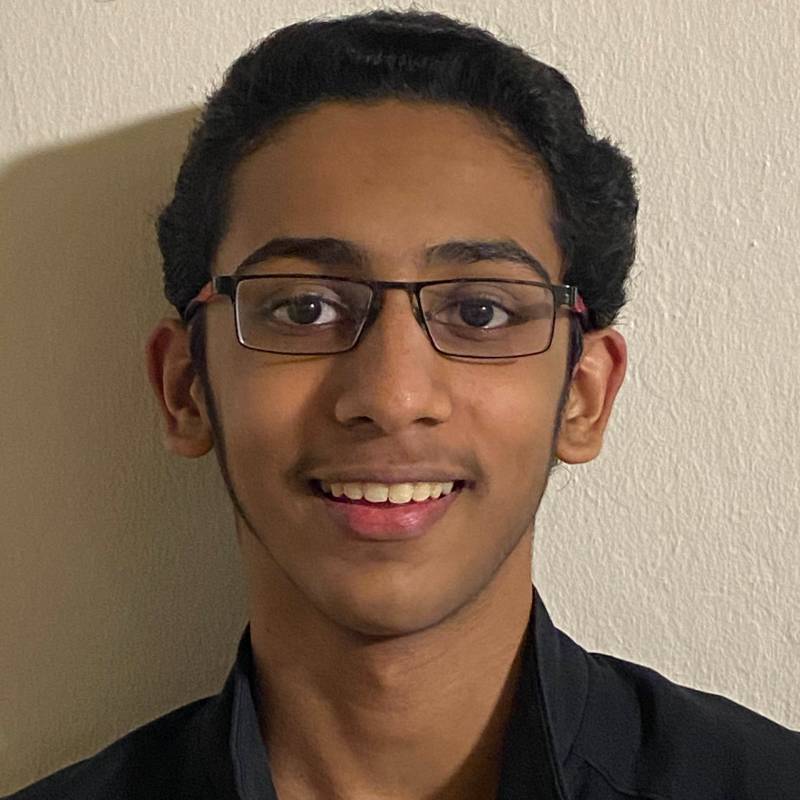We learn personal financial literacy at an early age, right? Actually, most don’t and Parth Asawa says that has got to change.
I remember going to the bank with my dad. It wasn’t often that I went with him as a teenager, though I was a frequent flier as a little kid (they had free lollipops!).
I remember a bank employee chatting to me nonchalantly about options for how I could get a credit card. Mind you, I was still a teenager, and to most teenagers that might sound like, “Sweet, I can buy whatever I want and not have to pay for it right now, right?”
Increasingly, more and more kids are starting to have credit cards as authorized users. A 2019 T. Rowe Price survey found in fact that the percentage of 8 to14 year olds with credit cards has increased from 4% to 17% in seven years. Credit cards can lead to a missing sense of budget, one of the pillars of personal finance, especially in kids.
I’ve seen friends spending money on a whim without actually paying attention to how much they were paying, instead focusing on what they were paying for. An extreme example is when a friend asked his parents for a $50/month budget on purchases, and after a few weeks, they showed him the billing reports. He was spending $50 a week and he didn’t even know it. I don’t necessarily blame people, advertisements have only gotten more personal and more appealing.
